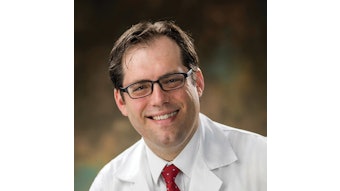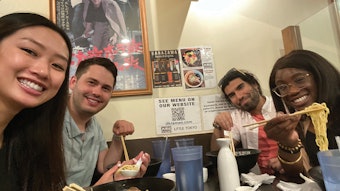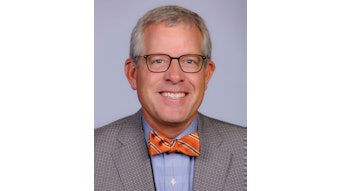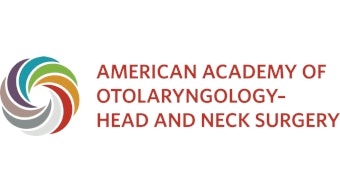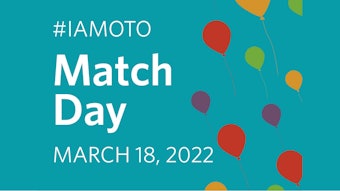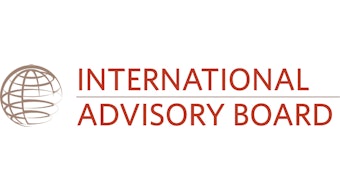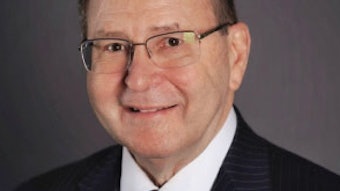SECTION SPOTLIGHT: Young Physician Section | From Residency to Practice: Providing Opportunities for Exploration of Options
Spring is an exciting time for graduating residents and fellows as they start looking for jobs as an attending otolaryngologist.
Yi-Chun Carol Liu, MD, MS
Chair, Young Physicians Section

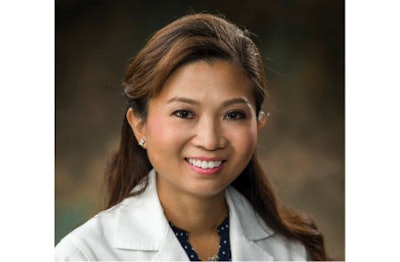 Yi-Chun Carol Liu, MD, MS
Yi-Chun Carol Liu, MD, MS
Chair, Young Physicians Section
This conundrum could be partially resolved perhaps if trainees were exposed to different types of practices during their training to be able to decide for themselves where their individual interests lie. They may then be in a better position to answer certain questions: “I wonder, what does a private practice job encompass?” “Should I open my own practice?” “Should I join an established practice?"
As I mentor medical students, residents, and fellows regarding their career choices, I often wonder if a private practice rotation should be part of the resident curriculum. The next logical question that arises is whether the rotation should include experience in both clinic and operating room settings. In order to make the young physician’s voice part of this conversation, the Young Physicians Section (YPS) has appointed Manan Shah, MD, as a liaison to work closely with the newly established Private Practice Study Group to develop workshops and webinars around these questions.
How about after your first job—everything is set, right? Well, based on a study by the Atlanta-based healthcare recruiting firm Jackson & Coker, over 50% of physicians leave their first job after five years, with job transitions occurring within and across different practice settings. Thus, continuous education and workshops can provide additional resources for our members.
Business management, insurance billing, and human resource courses should be part of our continuous education. In a recent webinar hosted by YPS, Lawrence M. Simon, MD, Betty S. Tsai, MD, Samantha J. Hauff, MD, and Manan Shah, MD, discussed their personal experiences, switching between practices and incorporating health administration and other nonclinical leadership opportunities.
Several months ago, YPS and the Section for Residents and Fellows-in-Training (SRF) cohosted a webinar with a physician contract negotiation service, which sparked a lively dialogue. Due to the many issues raised during that webinar, YPS and the Women in Otolaryngology Section are cohosting a webinar on March 16 focused on women physicians’ contracts.
Women physicians are an increasing part of the work force, and now is the time to negotiate often overlooked but very important and pertinent issues that disproportionately affect women, such as parental leave, childcare benefits, administrative roles, equal pay, and more. The YPS constituency is 23% women, and as we seek our first or second jobs, a greater understanding of contract negotiation with focus on these factors is timely and imperative.

